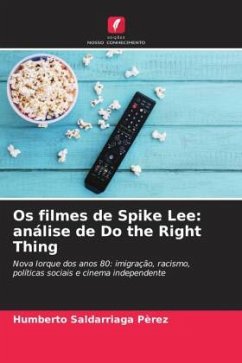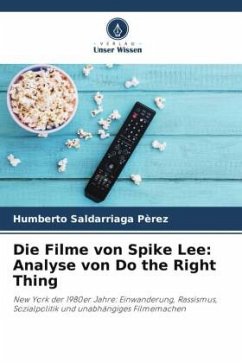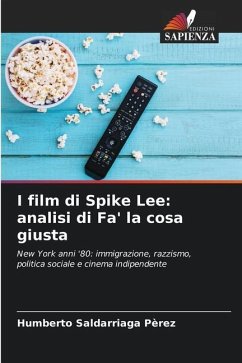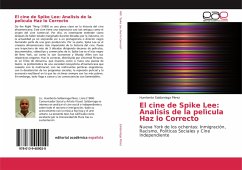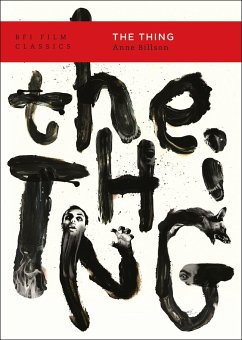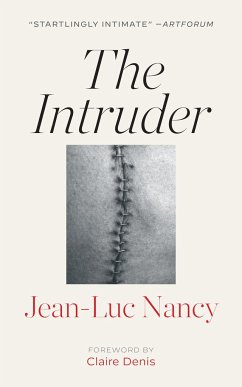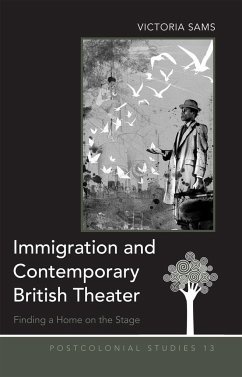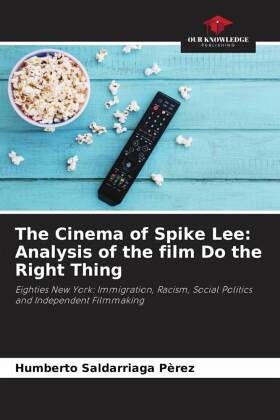
The Cinema of Spike Lee: Analysis of the film Do the Right Thing
Eighties New York: Immigration, Racism, Social Politics and Independent Filmmaking
Versandkostenfrei!
Versandfertig in 6-10 Tagen
55,99 €
inkl. MwSt.

PAYBACK Punkte
28 °P sammeln!
Do the Right Thing (1989) is a key piece in the history of African American cinema. This cinema has a trajectory almost as old as the origin of commercial cinema. It is therefore interesting to understand how, after having been marginalized for decades by the industry, it is no longer surprising to see a black protagonist or director in a major production. For his part, Spike Lee is the most important African-American filmmaker in the history of cinema. He has a career spanning more than three decades, directing dozens of films, documentaries, music videos and TV commercials. Spike Lee is the ...
Do the Right Thing (1989) is a key piece in the history of African American cinema. This cinema has a trajectory almost as old as the origin of commercial cinema. It is therefore interesting to understand how, after having been marginalized for decades by the industry, it is no longer surprising to see a black protagonist or director in a major production. For his part, Spike Lee is the most important African-American filmmaker in the history of cinema. He has a career spanning more than three decades, directing dozens of films, documentaries, music videos and TV commercials. Spike Lee is the black son of New York, as are Scorsese and Woody Allen with their respective origins. Do the right thing, distributed by Universal Pictures, is a denouncing film that shows, as if it were a play, the problems of an African-American New York society that coexists with the multiracial, with inefficient immigration policies, with the neglect of social programs, police repression and neoliberal economy in which the victims are always the poorest. However, it all gets tiring and the consequences are regrettable.



